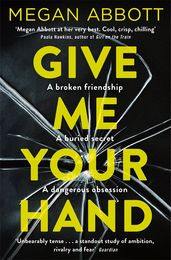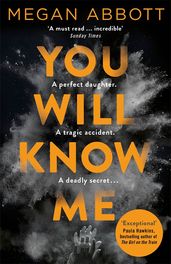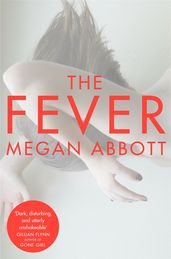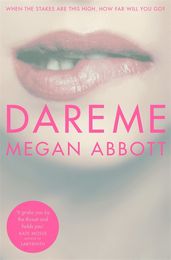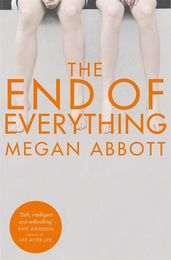Synopsis
A Richard and Judy Book Club selection.
The End of Everything by Megan Abbott, author of Dare Me, is a taut and suspenseful novel of friendship, loss and the dark undercurrents of adolscence.
A close-knit street, the clink of glass on glass, summer heat. Two girls on the brink of adolescence, throwing cartwheels on the grass. Two girls who tell each other everything. Until one shimmering afternoon, one of them disappears.
Lizzie is left with her dread and her loss, and with a fear that won't let her be. Had Evie tried to give her a hint of what was coming, a clue that she failed to follow?
Caught between her imaginary guilt, her sense of betrayal, her own powerful need, and the needs of the adults around her, Lizzie's voice is as unforgettable as her story is arresting. This is no ordinary tale of innocence lost . . .
Details
Reviews
A gripping and disturbing novel, a fever dream of adolescent desire and adult complicity
Deft, enthralling and intelligent
